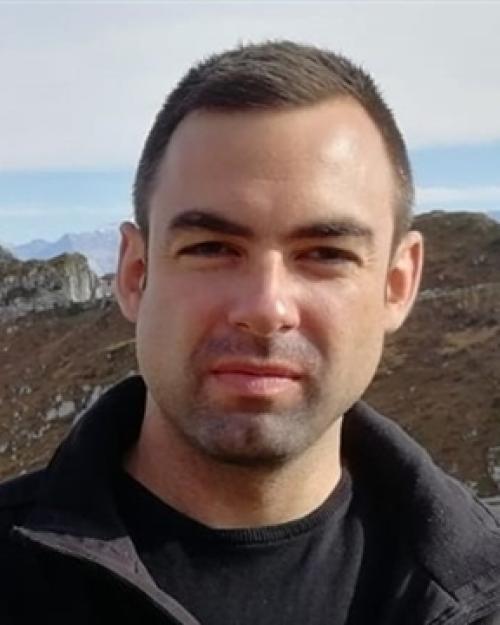
CASS-Wide Webinar X: "How many qubits do you need, really?"
Presentation Menu
While quantum computers promise to solve some of the scientifically and commercially valuable problems intractable for classical machines, delivering on this promise will require a large-scale quantum machine integrated with the cloud. Determining how to best navigate the architecture design choices of a large-scale quantum computer that efficiently caters to the performance and quality requirements of practical applications is an open challenge. To this end, we have developed Azure Quantum Resource Estimation, a tool which uses detailed models of the quantum stack to provide resource estimates (such as qubit counts and runtimes) for large-scale algorithms. Understanding the number of qubits required for a quantum program and the differences between qubit technologies allows innovators to prepare and refine their quantum programs to run on future scaled quantum machines and ultimately accelerate their quantum impact. In the talk, we will illustrate the framework that we apply to perform resource estimation and demonstrate how the tool helps to analyze resource requirements for scalable quantum algorithms. You’ll leave ready to find out just how many qubits you’ll need, really.
This talk will take place on 12 July 2023 at 9:00 AM EDT (-4:00 UTC) and features a talk by Mathias Soeken titled "How many qubits do you need, really?".
Registration for this series is entirely free and will be limited to the first 1000 registrants per event. If you cannot register, you can also attend the webinar via LinkedIn Live or access the webinar recording on the IEEE CASS Resource Center and IEEE Learning Network (ILN).
Biography
Mathias Soeken works at the Azure Quantum team at Microsoft. From 2015 to 2020, he has been with École Polytechnique Fédérale Lausanne (EPFL), Switzerland as postdoctoral scientist. He holds a Ph.D. degree (Dr.-Ing.) in Computer Science from University of Bremen, Germany (2013). His research interests are logic synthesis, quantum computing, reversible logic, and formal verification.
